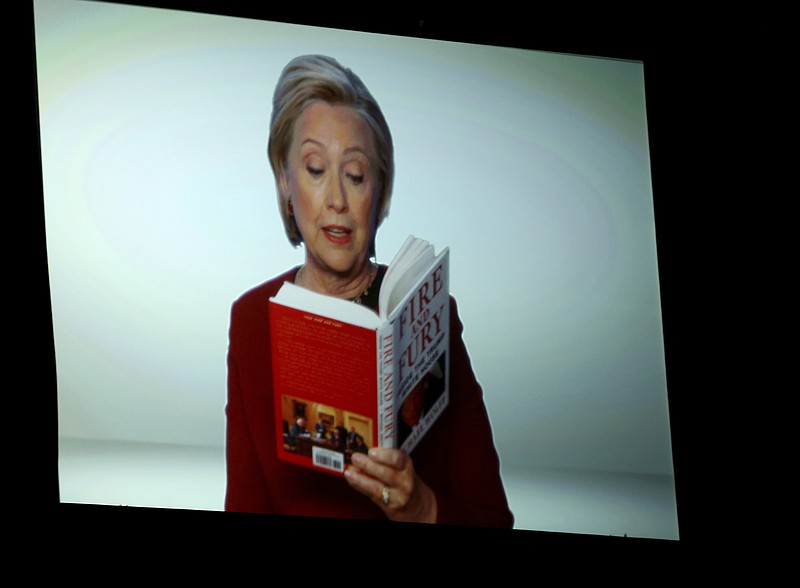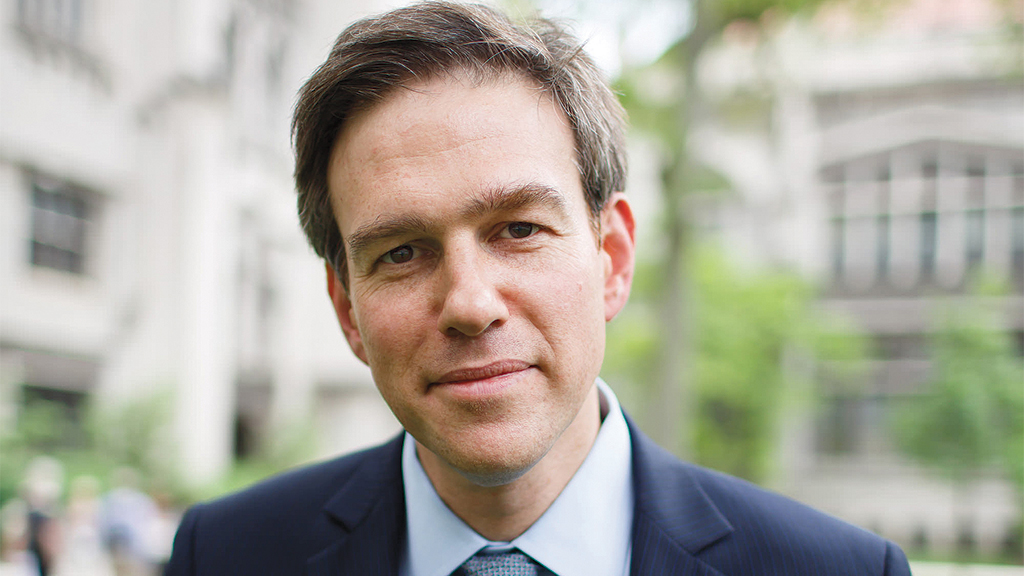Late last year, Tom Nichols, a professor at the Naval War College and a NeverTrump conservative, proposed a little thought experiment for Republicans skeptical of Robert Mueller's investigation of the Trump campaign's Russia ties.
"Let's play Alternate Universe," he wrote on Twitter. "It's 2017, and President Hillary Clinton is facing charges that Chelsea met with Russians who offered oppo on Trump. Chelsea didn't call the FBI; and Clinton nat sec adviser Jake Sullivan lied to the FBI about talking to the Russians."
Nichols laid out the unfolding drama over a series of tweets. President Clinton fires the FBI director after he declines her request to "let it go" on Sullivan. "Then, at least three other Clinton campaign officials end up indicted. All of them are tied in some way to a hostile foreign power." Later, she threatens to "yank FOX's license" because she didn't like its critical coverage.
"I'm sure ... totally sure ..." Nichols added with no little irony, "that stalwarts of the GOP would say: Look, this is a nothingburger, you can't define 'collusion,' it's just 'the coffee boy,' and on and on."
I'm reminded of Nichols' astute tweets as the Republican campaign against the Russia investigation kicked into higher gear this week.
At the State of the Union on Tuesday night, Trump was overheard telling Rep. Jeff Duncan, R-S.C., that he was "100 percent" committed to releasing House Committee Intelligence Chairman Devin Nunes' secret memo on the Russia investigation, over fierce FBI objections regarding "material omissions of fact that fundamentally impact the memo's accuracy."
Next there was the ahead-of-schedule departure of Deputy FBI Director Andrew McCabe after relentless public criticism from Trump. McCabe was politically suspect because his wife, a Democrat, made a failed bid in 2015 for the Virginia state Senate.
And finally there was House Speaker Paul Ryan, who on Tuesday supported the release of the Nunes memo to "clean up" the FBI. If the administration and its supporters get their way, the "cleaning" would also claim Deputy Attorney General Rod Rosenstein, who appointed Mueller and apparently approved the continued surveillance of the former Trump campaign adviser and Vladimir Putin fan Carter Page.
Altogether, this is supposed to tell the tale of deep state collusion against our elected leader. So let's play Alternate Universe again.
Imagine that President Hillary Clinton had agreed to release a partisan Democratic intelligence memo over the objections of Republicans in Congress and her own top FBI officials that disclosure could harm national security.
Imagine the Clinton campaign had named as a foreign policy adviser a little known figure with scanty business or academic credentials but with strongly pro-Putin views and curious links to senior Russian officials. Imagine that this same adviser later testified to Congress that the Clinton campaign had asked him to sign a nondisclosure agreement after a trip he took to Russia during the height of the campaign.
Imagine that after firing James Comey for insufficient loyalty, President Clinton had asked the deputy director of the FBI how he had voted in the election in an Oval Office meeting. Imagine, in this same connection, that the effort to oust the deputy director was only a warm-up to getting rid of the deputy attorney general, a well-regarded, straight-shooting Democrat who had appointed the special counsel looking into Clinton's Russia ties.
In this same alternative universe, I'd be writing columns calling for further investigations of a manifestly corrupt Clinton administration, and even raising the subject of impeachment. I know because I was there for the prequel, back in 1998. At least some of the conservatives who railed against Bill Clinton then could claim they were acting on principles that went beyond pure partisanship.
These days, not so much.
The New York Times

